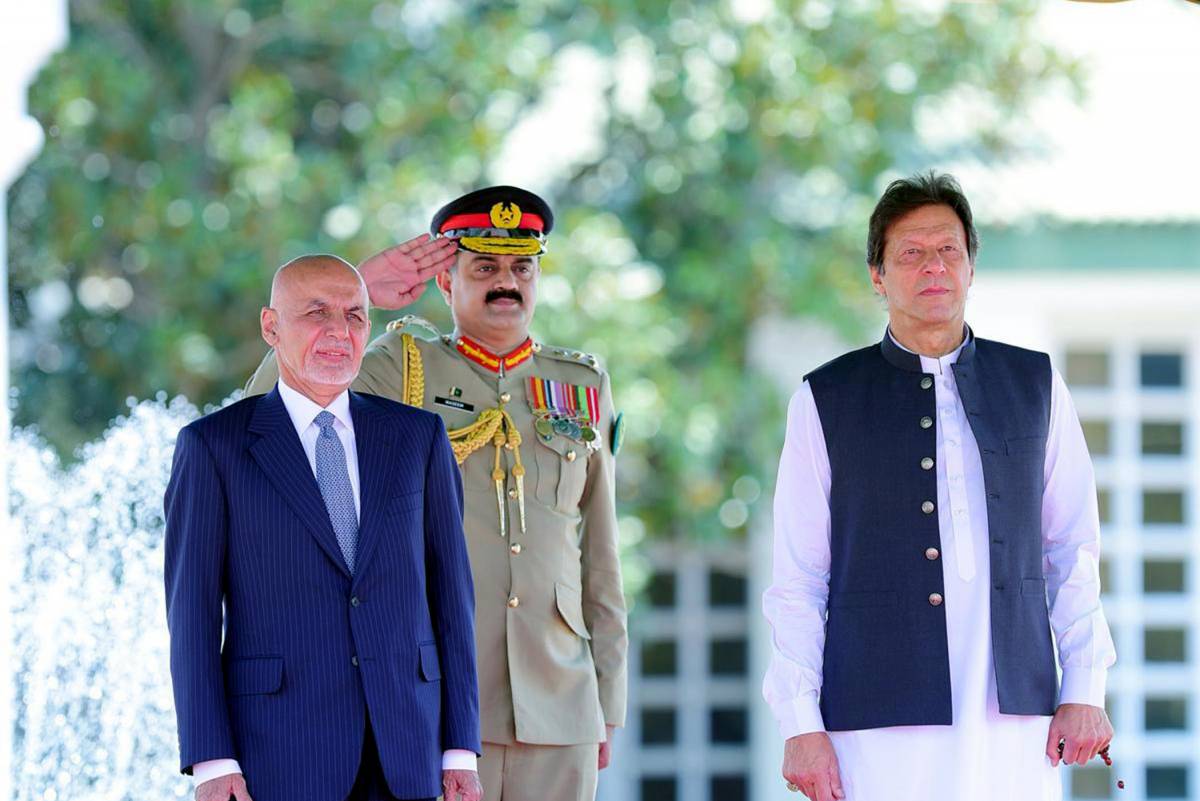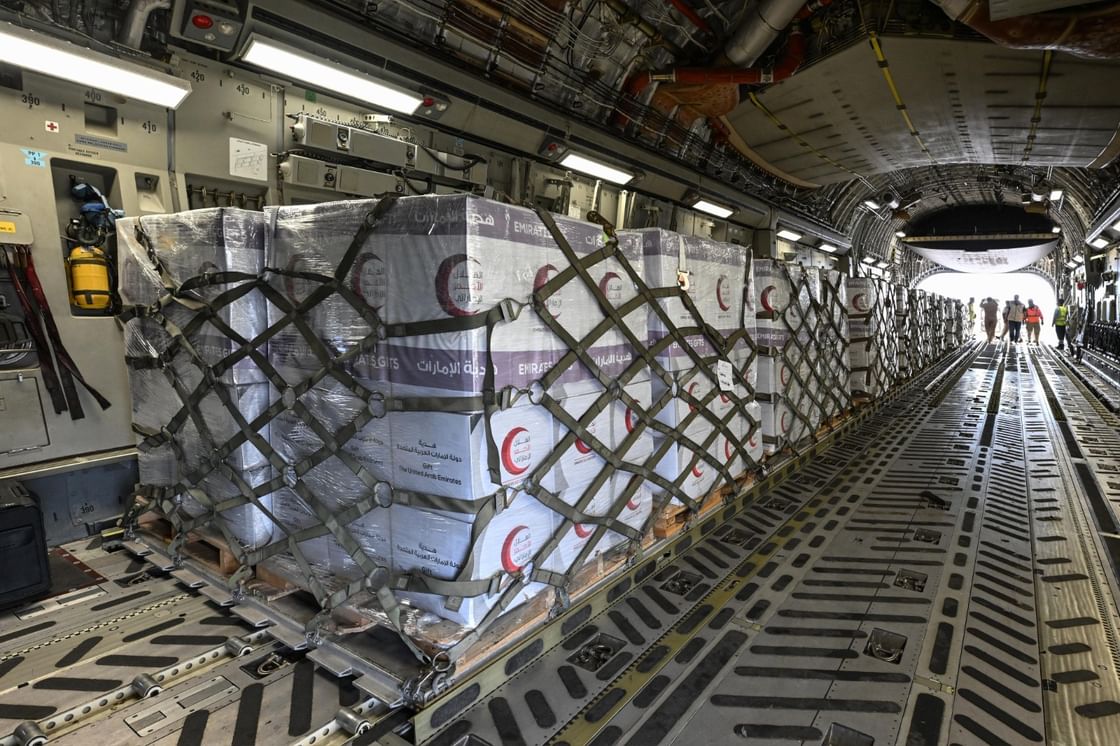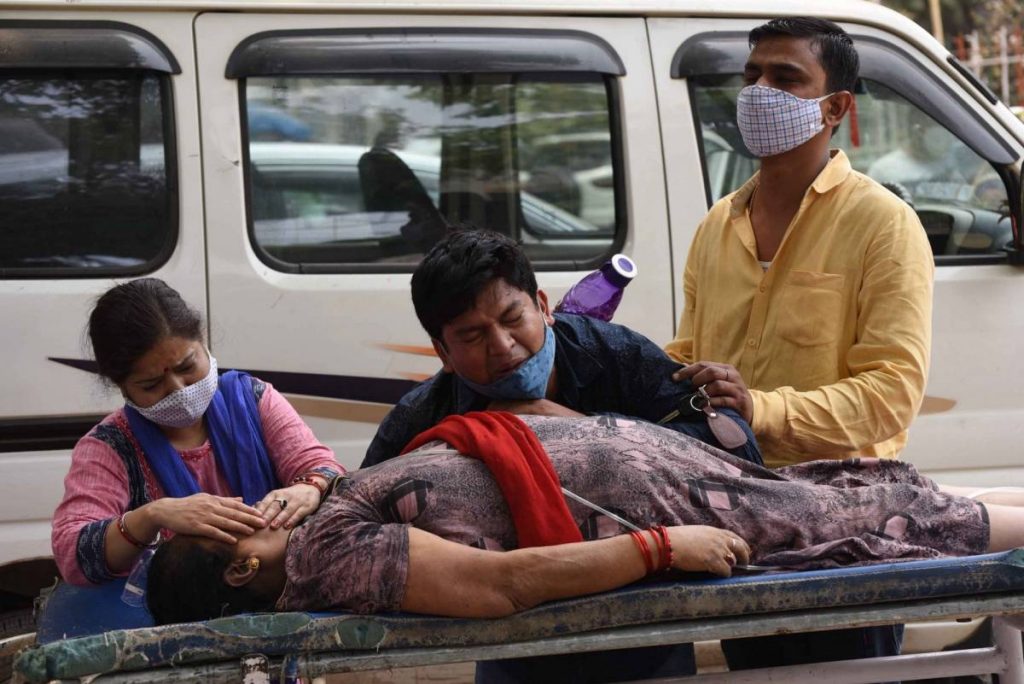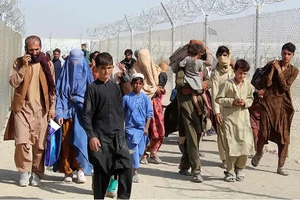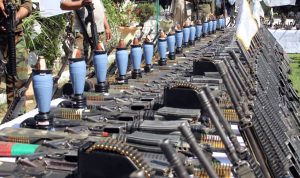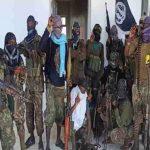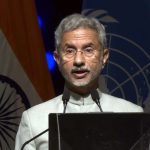Islamabad’s shift became apparent a fortnight ago when the security establishment renewed its efforts to push the Taliban to rejoin peace talks with Ghani’s government…reports Asian Lite News
In a strategic shift, Islamabad no longer favours a Taliban total victory in Afghanistan as it seeks to balance its US and China relations.
Salman Rafi Sheikh, writing in Asia Times said that Pakistan’s security establishment appears to see more geopolitical upside to an inclusive rather than Taliban-dominated Afghan government in Kabul when US troops fully withdraw by September 11.
This marks a distinct flip of Pakistan’s previous position in favour of a Taliban total win over Kabul, one that violently ousts Afghan President Ashraf Ghani’s government and establishes a new Islamic emirate to the exclusion of non-Taliban and non-Pashtun groups.
Pakistan’s security establishment believes that a total Taliban victory would galvanize Pakistan-based, Taliban-aligned groups to pursue similar objectives through military means, potentially leading to new instability including in traditional hotbed areas along the Afghan border.
Like the Taliban, Pakistan authorities are known to view dimly Ghani’s elected government, both as a US-backed puppet regime and one that is dangerously close to rival India, reported Asia Times.
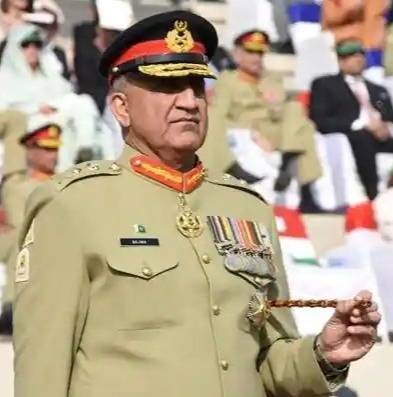
Islamabad’s shift became apparent a fortnight ago when the security establishment renewed its efforts to push the Taliban to rejoin peace talks with Ghani’s government. Informed sources say the Taliban was told in clear terms that not doing so could invite “tough action” from Pakistan.
In a meeting between Pakistan’s top security officials and Afghan Taliban representatives on April 28 in Istanbul, Turkey, the latter was reportedly given an “enough is enough” message, with Pakistan emphasizing that the Taliban’s seizure of power through the sheer use of force and violence would not be viable, said Sheikh.
The meeting and its messaging were reported widely in Pakistani media and subsequently not denied by either side.
Meanwhile, Taliban has ramped up attacks as the US begins its withdrawal from government installations in the country, raising fears it plans to rout national forces and ignore any settlement reached via multi-party talks.
While pushing the Taliban to the negotiating table, Pakistan is also quickly redefining its relations with Kabul. Importantly, Pakistan’s recalibration is being led by the military establishment, which since the 1980s has been the main player in Afghanistan’s long-running civil wars, reported Asia Times.
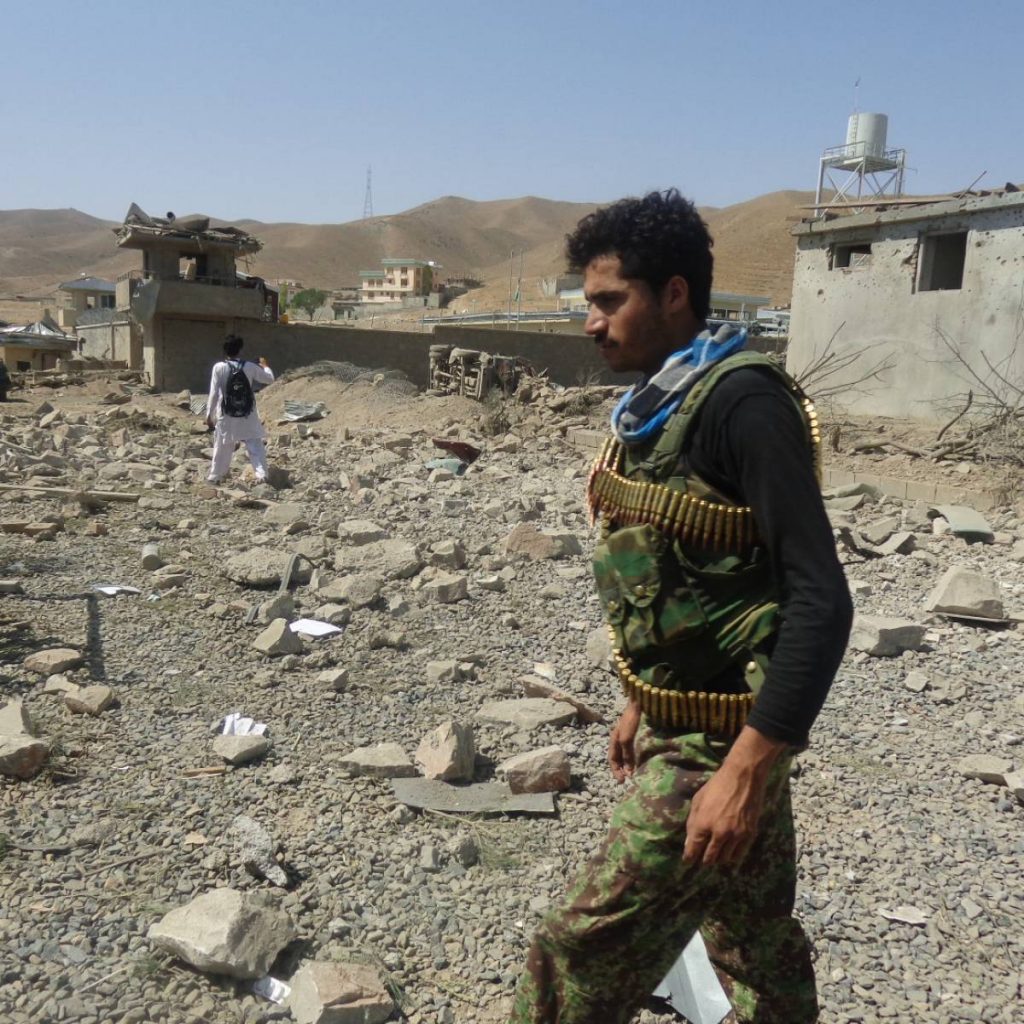
Led by Chief of Army Staff Qamar Bajwa, Pakistan’s top brass has since 2018 conducted its own independent brand of “military diplomacy” under Prime Minister Imran Khan’s hybrid civil-military regime.
On May 10, Bajwa travelled to Kabul where he met Ghani and assured him of Pakistan’s support for an inclusive political system in Afghanistan after the US withdraws the last of its troops in September.
On May 12, Ghani made an unusual public statement claiming that Pakistan is no longer in favour of helping to re-establish a Taliban-led Islamic emirate, as existed under its hard-line rule between 1996 and 2001.
“Pakistan’s army, in utter clarity, announced that the revival of Islamic emirate is not in Pakistan’s national interest,” Ghani said in a televised speech after Eid Al-Fitr prayers, marking the end of Ramzan.
ALSO READ: Truce still a fragile dream in Afghanistan
While Ghani’s remarks have not been refuted by Islamabad or Pakistan’s top brass, it is not yet official, publicly announced policy. But Pakistan clearly has its own compelling reasons to shift its previous course vis-a-vis the Taliban and Ghani, reiterated Sheikh.
Meanwhile, Afghan Taliban that denies any direct linkage with the Tehreek-e-Taliban Pakistan (TTP), an umbrella organization of radical groups active on the border and affiliated with al-Qaeda, recent terror attacks in Pakistan have sparked fears of an Islamic militancy revival.
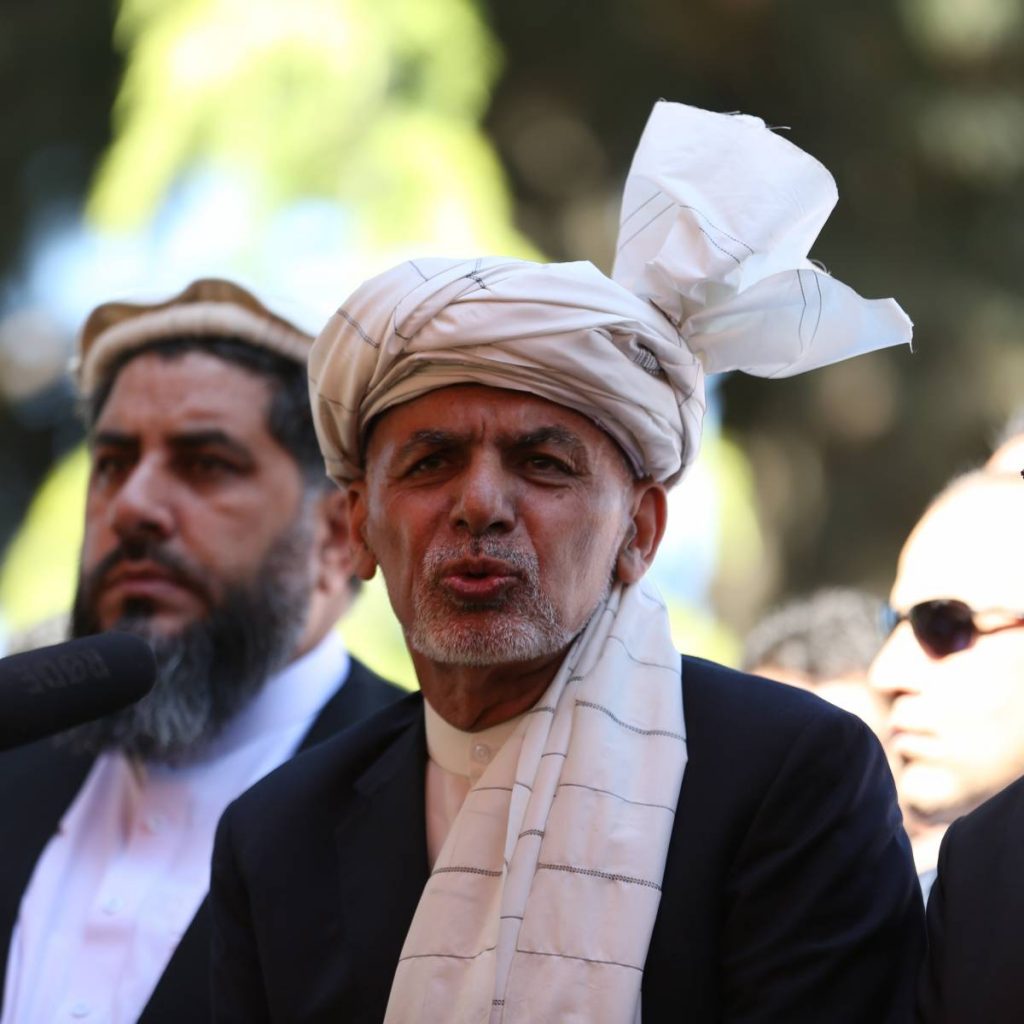
Security officials quoted in Pakistani media reports have recently said that the Afghan Taliban and Pakistan-based Taliban groups are “two faces of the same coin”, said Sheikh.
On April 22, only days before Pakistani officials’ meeting with the Taliban in Istanbul, a car-bomb attack on a five-star hotel in Quetta killed at least four and injured 15 others.
In another attack on April 29, the day after the same meeting, another motorcycle bomb attack hit Quetta, killing a policeman and injuring several others.
While TTP claimed both attacks, it is important to note that Chinese interests were likely targeted in the April 22 attack.
Reports of the presence of China’s ambassador in the hotel were quickly denied by Pakistani officials, but China’s state media reported that the militant group involved in the attack may have wanted to create a bigger noise by targeting Chinese officials.
The TTP’s revival in Quetta, where the Afghan Taliban were based for years after the US invasion (known as the “Quetta Shura”), represents a major security headache for Islamabad at a time China seeks to build infrastructure in the volatile region, including at the Gwadar port.
That potent threat, some suggest, is driving Pakistan to redefine its relations with Kabul and rethink its post-US troop withdrawal position in Afghanistan, said Sheikh.
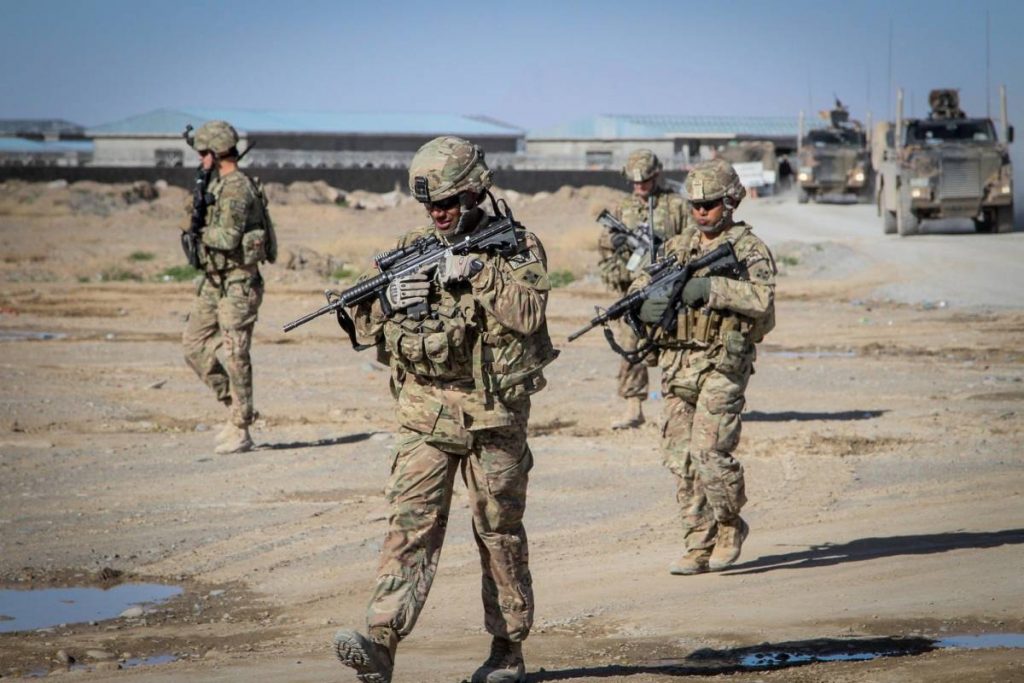
By leveraging its influence over the Taliban, Pakistan appears to be bargaining with Kabul to sever its support for groups like the TTP and ideally also uproot India’s presence in Afghanistan, reported Asia Times.
ALSO READ: Taliban controls 75% mining sites in Afghanistan
Pakistan’s apparent new emphasis on an “inclusive” system in Afghanistan also dovetails with China’s position on US withdrawal and the imperative of establishing peace through an internally agreed political settlement. In a surprising public statement, China’s foreign ministry recently chided the US for making what it sees as an overly hasty Afghan retreat.
Beijing is wary of the civil war scenarios in post-withdrawal Afghanistan, including the potential for militant activity to spill over into China’s sensitive Xinjiang province, where it stands accused of persecuting the region’s ethnic Uyghur Muslim minority in “vocational” camps.
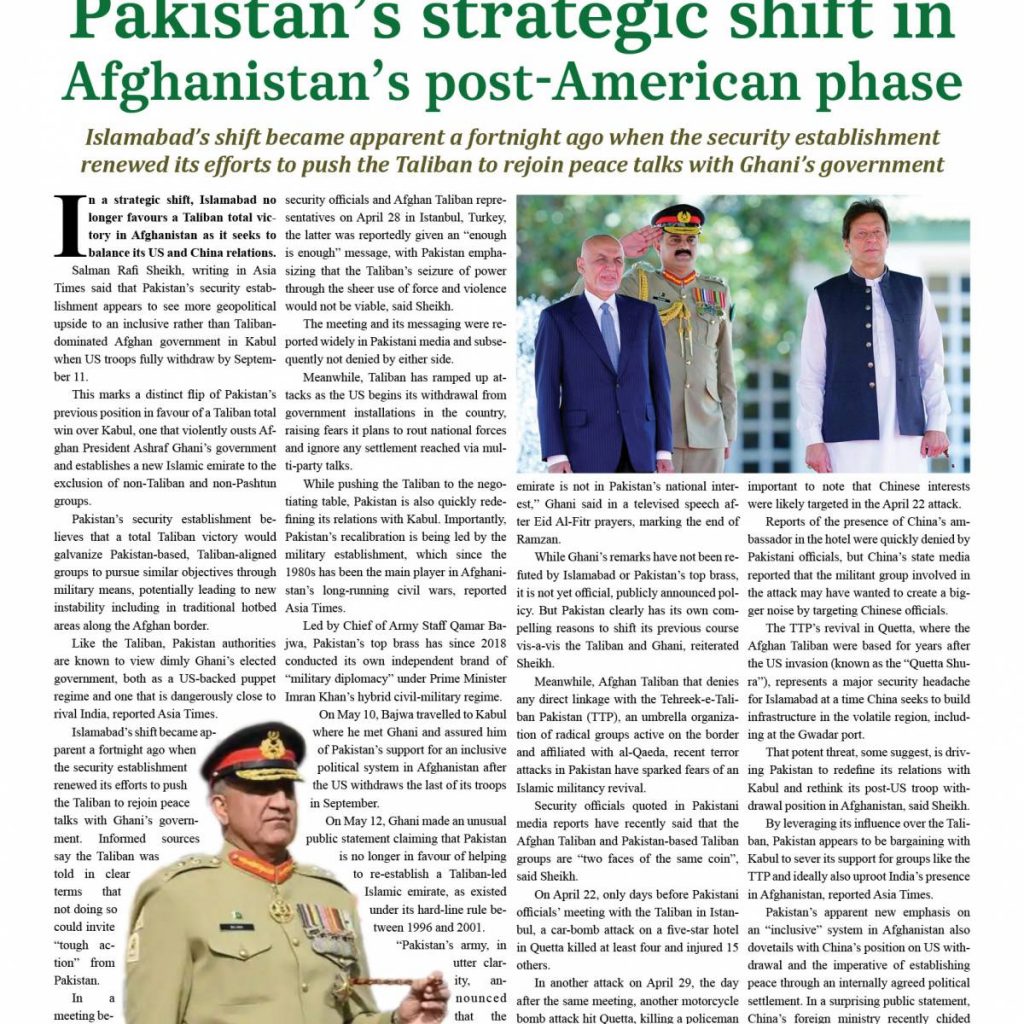
Moreover, Pakistan still highly values its relations with China despite disputes over debts and stalled building on the China-Pakistan Economic Corridor (CPEC), a USD 60 billion Beijing’s Belt and Road Initiative.
The last thing Islamabad wants is for post-withdrawal chaos in Afghanistan to jeopardize both the CPEC and broader BRI in the region. China has reportedly dangled big-ticket BRI-related investments over the Taliban, reported Asia Times.
At the same time, Pakistan seems also to be trying to communicate with the US by delivering an “enough is enough” message to the Taliban. So far, the Biden administration has failed to engage with Khan’s government, which Washington likely views as too close to China.
Moreover, Pakistan’s access to International Monetary Fund (IMF) financial assistance is known to be closely tied to how Washington views Pakistan’s role in Afghanistan’s conflict.
While Pakistan has clearly not renounced its long-time support for the Taliban, it is now repositioning itself in Afghanistan in ways that aim to better balance between the US and China while at the same time pushing to diminish and ideally purge India’s influence. (ANI)
ALSO READ: US drawdown from Afghanistan 20% complete: CENTCOM

